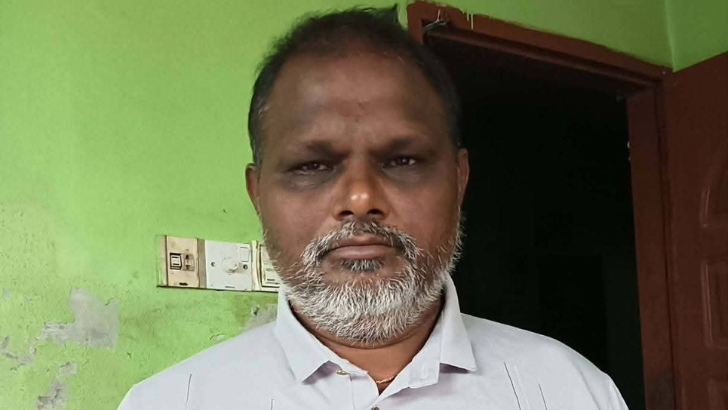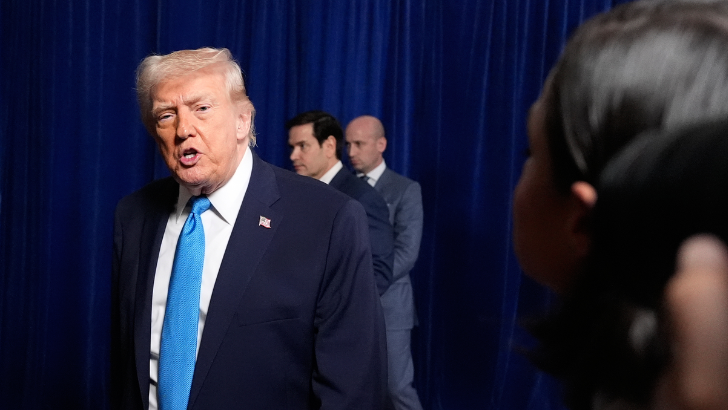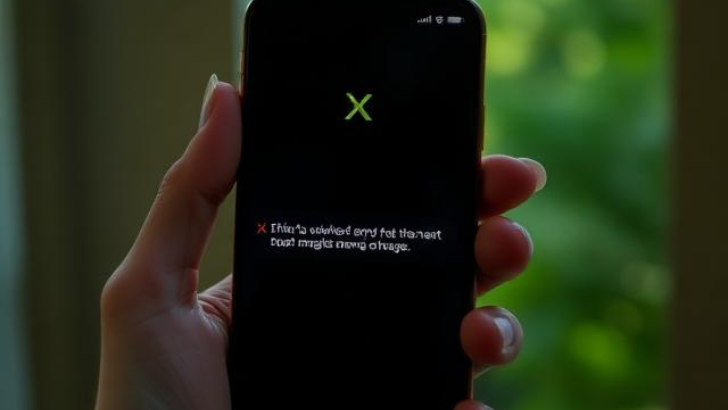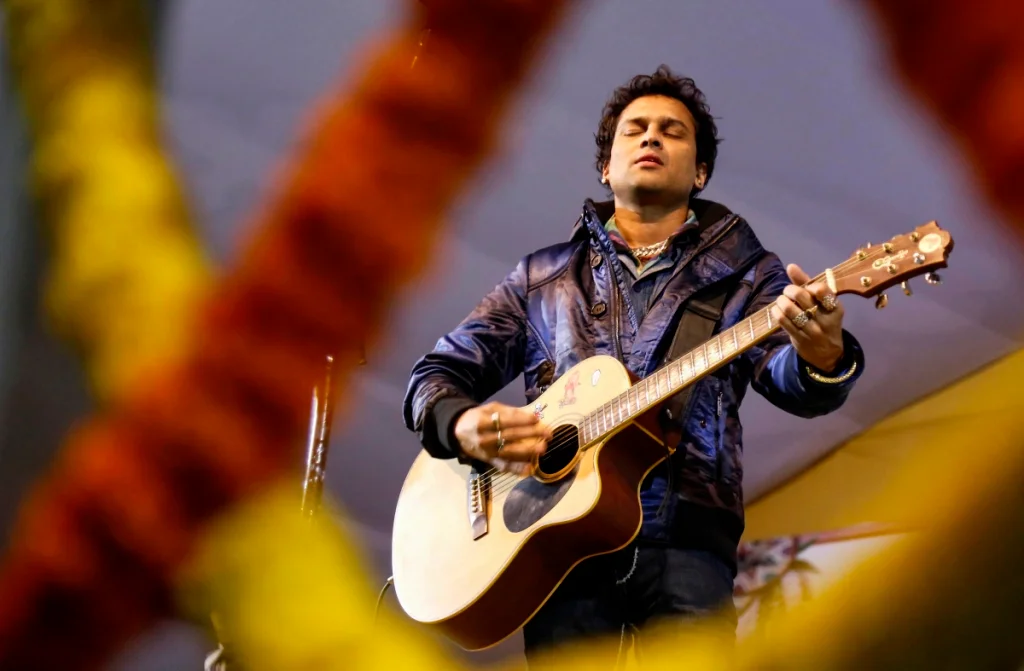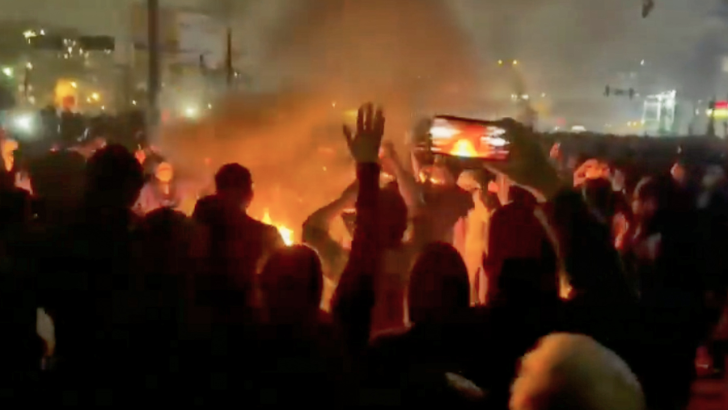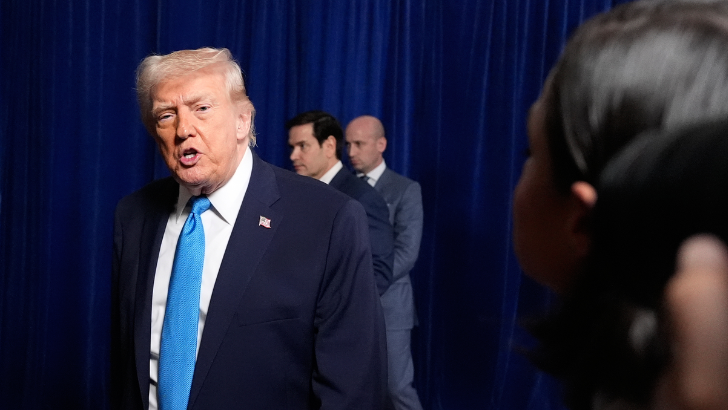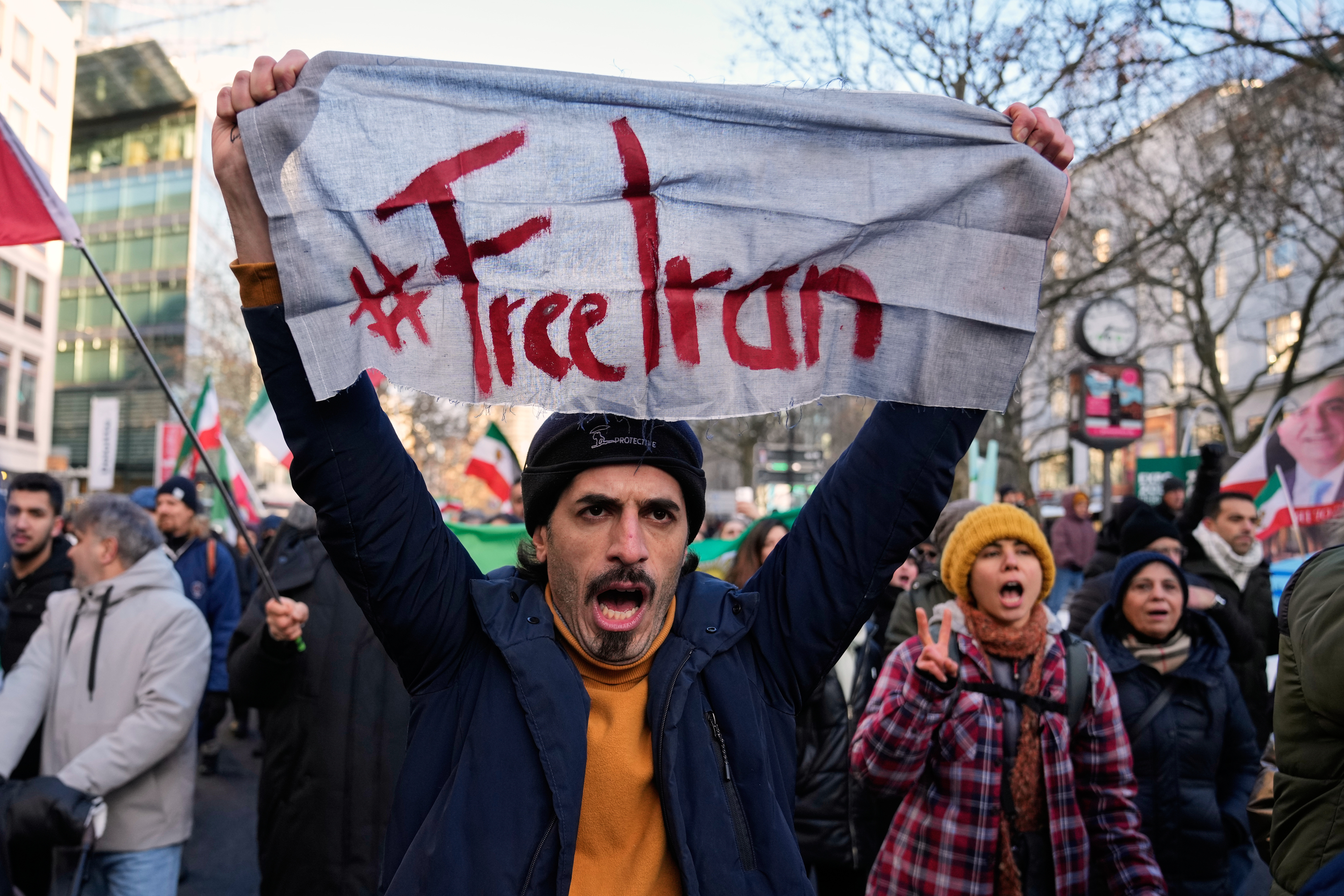Israeli strike on mosque kills 19 in Gaza
Israel is still battling Hamas in Gaza nearly a year after its 7 Oct attack, and has opened a new front against Hezbollah in Lebanon, which has been trading fire with Israel along the border since the war in Gaza began
AP
-
Israel has also vowed to strike Iran itself after it launched a ballistic missile attack on the country last week.PHOTO:AP
Deir
Al-Balah, 6 Oct
An Israeli
strike on a mosque in the Gaza Strip early Sunday killed at least 19 people,
Palestinian officials said, as Israel intensified its bombardment of northern
Gaza and southern Beirut in its widening war on Iran-allied militant groups
across the region.
Israel is
still battling Hamas in Gaza nearly a year after its 7 Oct attack, and has
opened a new front against Hezbollah in Lebanon, which has been trading fire
with Israel along the border since the war in Gaza began. Israel has also vowed
to strike Iran itself after it launched a ballistic missile attack on the
country last week.
The
widening conflict risks drawing in the United States, which has provided
crucial military and diplomatic support to Israel, as well as US-allied Arab
countries that host American forces. Iran-allied militant groups in Syria, Iraq
and Yemen have also joined in with long-distance strikes on Israel.
Strikes
across Gaza and new evacuation orders
The strike
in Gaza hit a mosque where displaced people were sheltering near the main
hospital in the central town of Deir al-Balah. Israel said it targeted a Hamas
command and control center embedded among civilians, without providing
evidence.
An
Associated Press journalist counted the bodies at the Al-Aqsa Martyrs Hospital
morgue. Hospital records showed that the dead were all men, while another man
was wounded.
The
military meanwhile announced a new air and ground offensive in Jabaliya, in
northern Gaza, home to a densely populated refugee camp dating back to the 1948
war surrounding Israel's creation. It circulated photos and video footage
showing a column of tanks heading toward the area.
The
military said its forces had encircled Jabaliya as warplanes struck militant
sides ahead of their advance. Over the course of the war, Israel has carried
out several large operations there, only to see militants regroup.
Israel also
ordered new evacuations in northern Gaza, which largely emptied out in the
early weeks of the war when Israel ordered its entire population to flee south.
Up to 300,000 people are estimated to have remained there despite harsh
conditions and heavy destruction.
“We are in
a new phase of the war,” the military said in leaflets dropped over the area.
“These areas are considered dangerous combat zones.”
Avichay
Adraee, a spokesman for the Israeli military, said it has expanded the
so-called humanitarian zone in southern Gaza, urging people to head there. The
zone includes sprawling tent camps where hundreds of thousands of people have
already sought refuge, and Israel has carried out strikes inside it against
what it says are fighters sheltering among civilians.
Palestinian
residents reported heavy Israeli strikes across northern Gaza. The Civil
Defense, first responders who operate under the Hamas-run government, said
several homes and buildings had been hit and they were not able to reach them
because of the bombardment.
Many posted
about the airstrikes and mourned their relatives on social media. Imad Alarabid
said in a Facebook post that an airstrike on his home in Jabaliya killed a
dozen of his family members, including his parents.
Local
journalists said one of their colleagues, Hassan Hamd, was killed in artillery
shelling on his home in Jabaliya. He had worked as a freelance TV reporter and
his footage had aired on Al Jazeera and other networks. Anas al-Sharif, an Al
Jazeera reporter in northern Gaza, confirmed his death.
The latest
strikes add to the mounting Palestinian death toll in Gaza, which is nearing
42,000, according to the Palestinian Health Ministry. The ministry does not
differentiate between civilian and militant deaths, but many of the dead were
women and children.
Hamas-led
militants killed some 1,200 people in the Oct. 7 attack and took another 250
hostage. They are still holding around 100 captives, a third of whom are
believed to be dead.
Heavy
bombardment of southern Beirut
In Beirut,
airstrikes lit up the skyline and loud explosions echoed across the southern
suburbs, known as the Dahiyeh, throughout the night, as Israel struck what it
said were Hezbollah militants sites. The strikes reportedly targeted a building
near a road leading to Lebanon's only international airport and another
formerly used by the Hezbollah-run broadcaster Al-Manar.
Israel's
military confirmed it was striking targets near Beirut and said about 30
projectiles had crossed from Lebanon into Israeli territory, with some
intercepted.
Hezbollah
said it successfully targeted a group of Israeli soldiers in northern Israel
“with a large rocket salvo, hitting them accurately.” It was not possible to
confirm the claim.
At least
1,400 Lebanese, including civilians, medics and Hezbollah fighters, have been
killed and 1.2 million driven from their homes in less than two weeks. Israel
says it aims to drive the militant group away from its border so that tens of
thousands of Israeli citizens can return to their homes.
Iranian-backed
Hezbollah, the strongest armed force in Lebanon, began firing rockets into
Israel almost immediately after Hamas' Oct. 7 attack, calling it a show of
support for the Palestinians. Hezbollah and Israel's military have traded fire
almost daily.
Last week,
Israel launched what it said was a limited ground operation into southern
Lebanon after a series of attacks killed longtime Hezbollah leader Hassan
Nasrallah and most of his top command. The fighting is the worst since Israel
and Hezbollah fought a monthlong war in 2006. Nine Israeli soldiers have been
killed in ground clashes that Israel says have killed 440 Hezbollah fighters.
It is not
possible to verify battlefield reports from either side.
Iran's
foreign minister, Abbas Araghchi, told reporters in Damascus that “we are
trying to reach a cease-fire in Gaza and in Lebanon.” The minister said Middle
Eastern and other countries had put forward initiatives, without elaborating.
Araghchi
spoke a day after the supreme leader of Iran praised its recent missile strikes
on Israel and said it was ready to do it again if necessary.
On Saturday
evening, Israeli Prime Minister Benjamin Netanyahu said “Israel has the duty
and the right to defend itself and respond to these attacks, and it will do
so.” On Lebanon, he said ”we are not done yet.” -AP
Leave a Reply
Your email address will not be published. Required fields are marked *








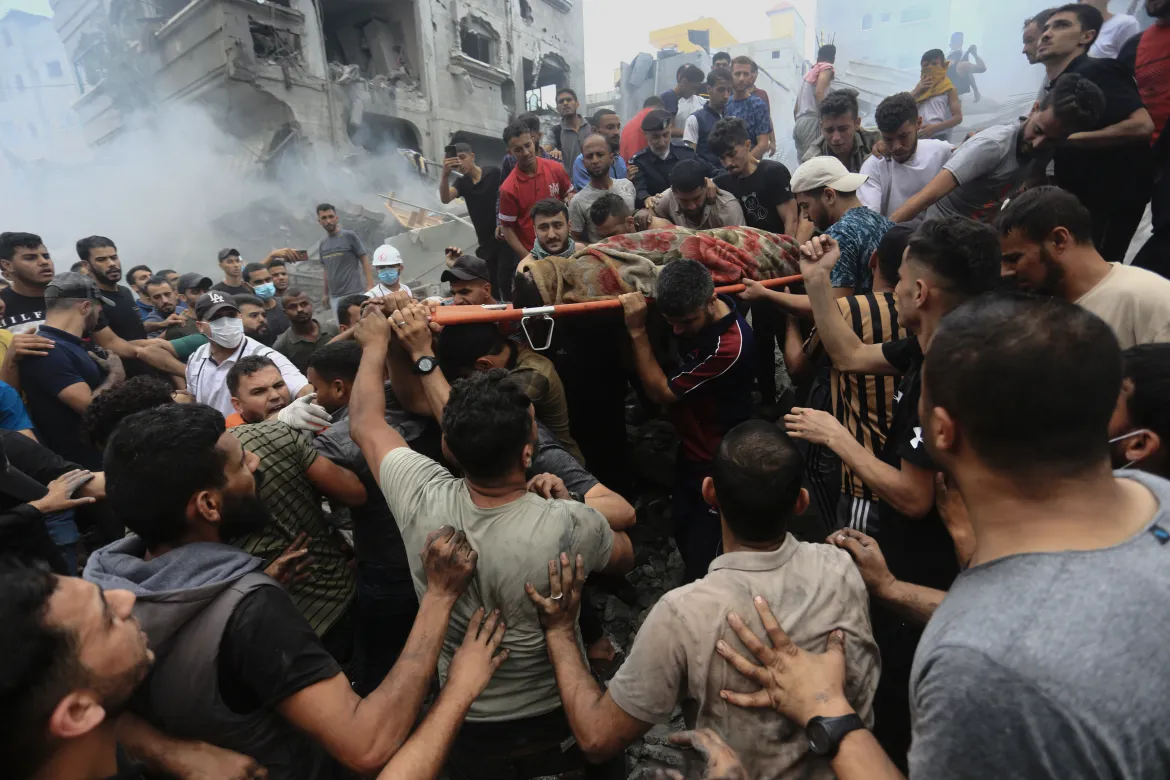

.png)
